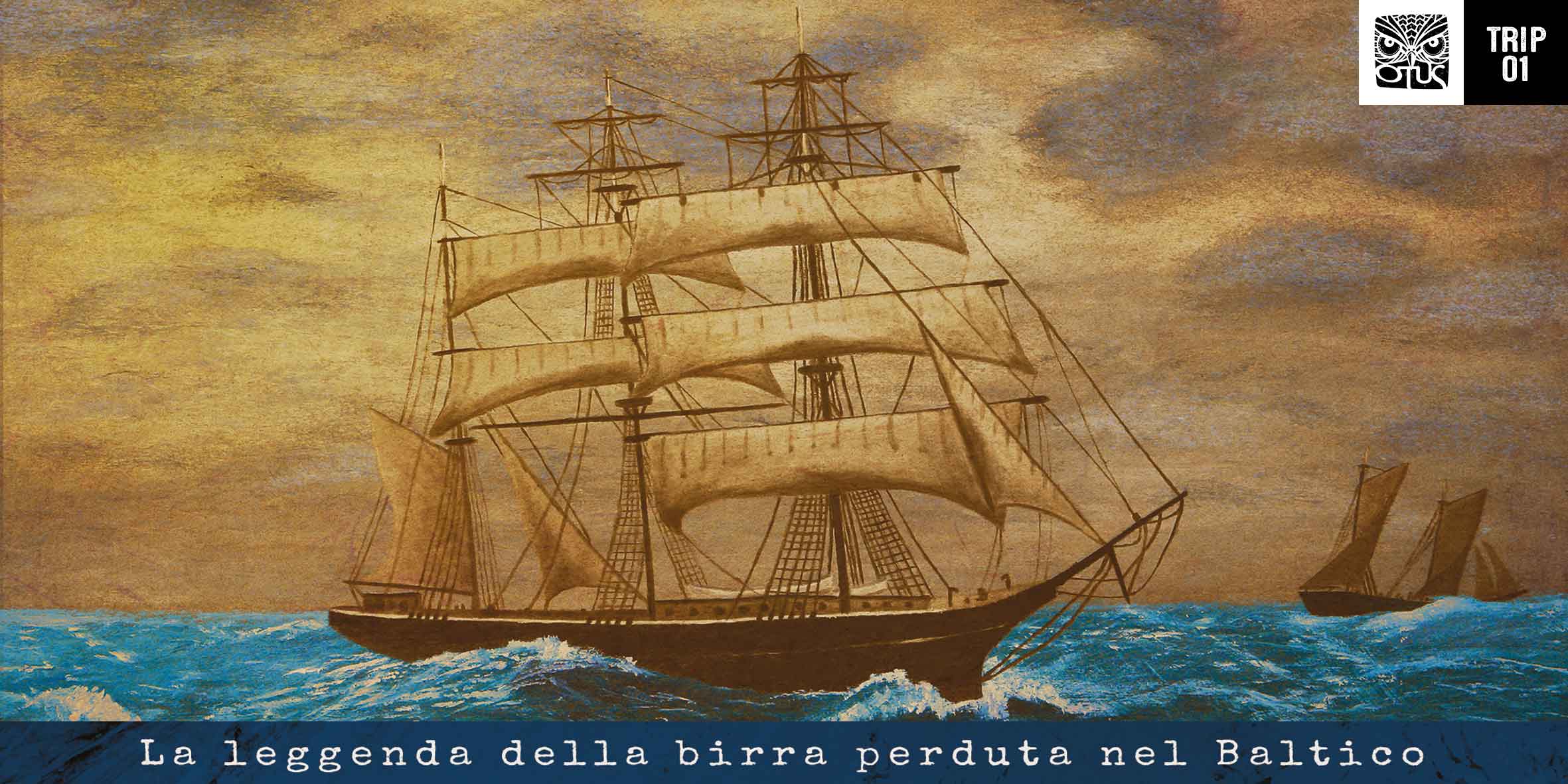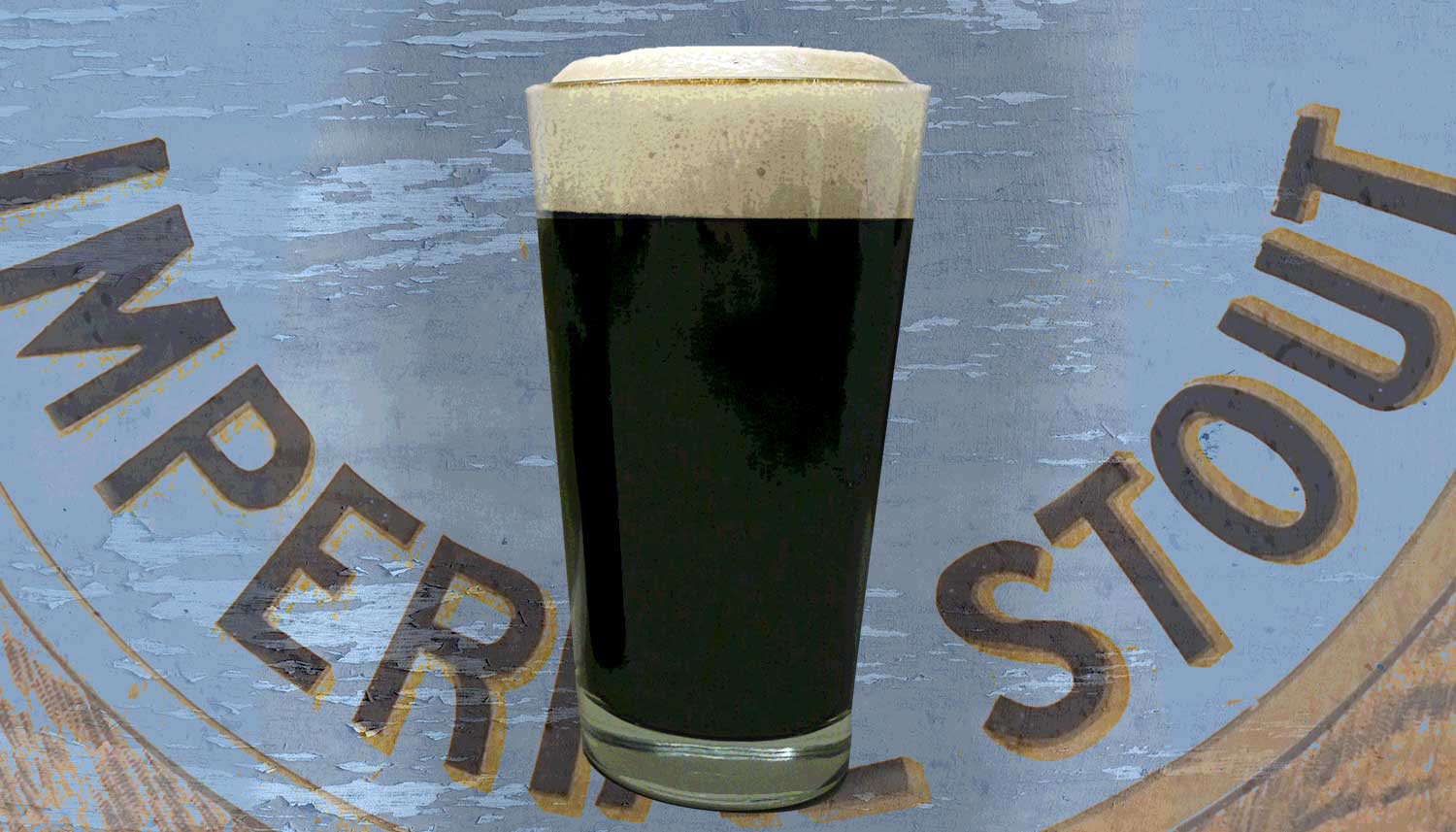
Russian Imperial Stout | between history and legend
From London brewers to the passions of Catherine the Great.
We tell the origin of Russian Imperial Stout, a fascinating Eighteenth-century story, set between the Port of London and the one of Saint Petersburg.
Peter the Great and the London beer.
Our story begins in 1689 when Peter Alekseevič Romanov visited England: he was 17 and curious, he loved drinking and while tasting the robust dark beers from London breweries, he expressed his admiration. The young pleasure-seeker will then become famous as Peter the Great (1672-1725), Tsar of all Russia, founder of Saint Petersburg, the wonderful “Venice of the North”, Russian Empire capital, built to create a cultural and commercial bridge between Russia and Europe.
It is possible that London brewers invented young Romanov appreciations for themselves to improve their breweries’ status, however it is likely that at that time several robust beers, Porter forgoers, were already produced in England.
Beers for porters. From Porter to Stout.
The term Porter was first used in 1721 in a London pub to describe its new dark beer, perfect to restore and warm up those who were working in the cold, e.g. porters.
The term Stout appeared later, still during the Eighteenth century, when the “strongest” and export-oriented Porter beers started to be classified as Stout Porters. The term Porter was then left out and the custom of calling Stout all the beers of that type was consolidated.

Jmcstrav Public domain via Wikimedia Commons
The legend of the beer lost in the Baltic Sea.
There is a mythical episode at the origin of the Russian Imperial Stout: it is said that low temperatures and the long journey ruined the first Stout shipment to Russia and for this reason London breweries had to incease the alcoholic content and refine the recipe; the result was a complex, bitter and slightly stronger beer that arrived undamaged, finding clients appreciation.
We do not know if it really happened or if it is pure legend, it is however likely that Russian Imperial Stouts are the result of progressive arrangements of the Stout Porter recipe, in order to reduce sea freight risks on the way to Saint Petersburg.

Caterina the great… drinker.
Caterina the great… drinker.
And here she comes into the picture, the Empress of Russia: Catherine the Great (1729-1796), famous for her openness towards cultural innovation coming from Western Europe – she read Voltaire, Diderot and Montesquieu – for her enlightened despotism that led her to pass great administrative reforms and for her volitional and passionate character. Catherine loved politics, culture and life pleasures, including those of sex, and she had a large number of lovers.


A rumour, among others, helps us to depict her character: it is said that the Junoesque woman loved declaring herself proud of the fact that "she could hold her liquor as a real British man".
It is said that the Junoesque woman loved declaring herself proud of the fact that “she could hold her liquor as a real British man”. This detail brings us back to our topic: the Tsarina most beloved beer was considerably alcoholic, dark, rich in aromas and with a complex taste, that she imported in great quantities from London, a beer that, thank to the fact that it was loved by Catherine, went down in history as Russian Imperial Stout.
Imperial Stout, a beer for all Russia.
Such was the preference of Catherine the Great for Russian Imperial Stout that she imported large quantities for the court of Saint Petersburg and for the Russian army, contributing to the fame and prestige of this brewing style. Not surprisingly, in 1882, when a ban on the British imports was introduced, Porter and Stout beers made up a rare exception and they continued to arrive in the cold reign to warm up Russians bodies and spirits.
Imperial Stout,
a beer for all Russia
Imperial Stout, a beer for all Russia
Apparently, the very first Russian Imperial Stouts were produced by the English Ralph Thrale in his brewery in Southwark, London. Before Ralph bought it in 1729, the name of the brewery was Anchor Brewery. Founded in 1616 and shut down in 1981.
Nowadays Imperial Stout is a brewing style that inspires brewmasters all over the world and gives rise to excellent-quality beers.

We invite you to know and taste Note di Sale , OTUS Imperial Stout, brewed with cocoa beand and salt of Volterra.


